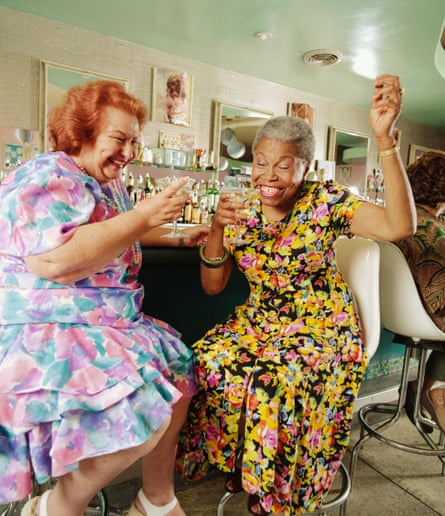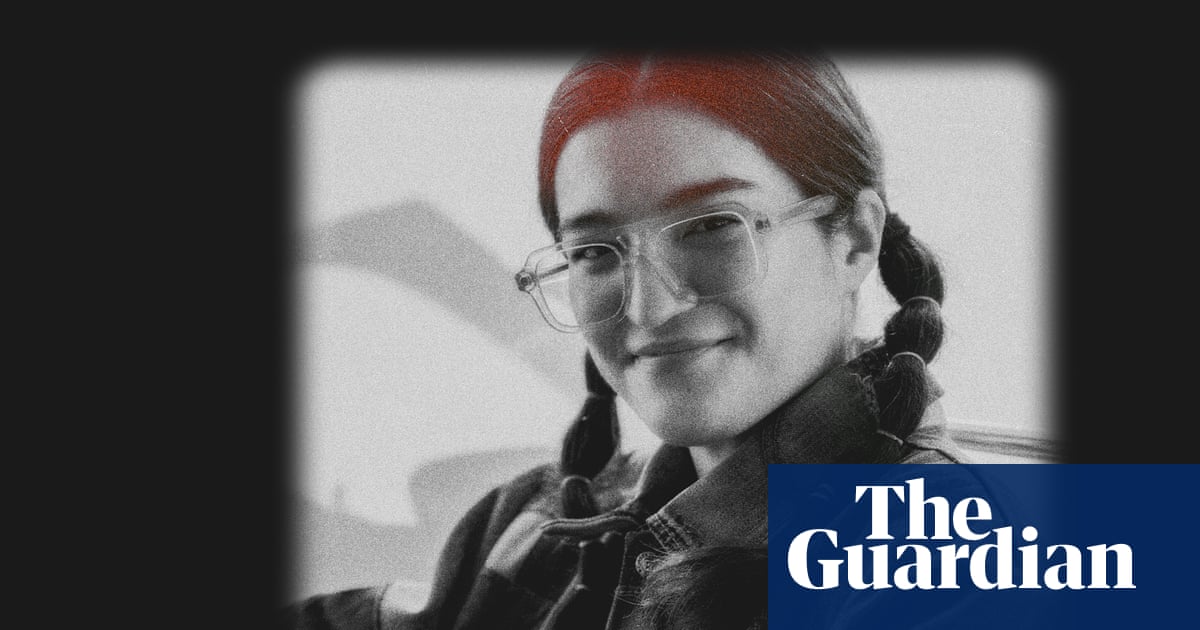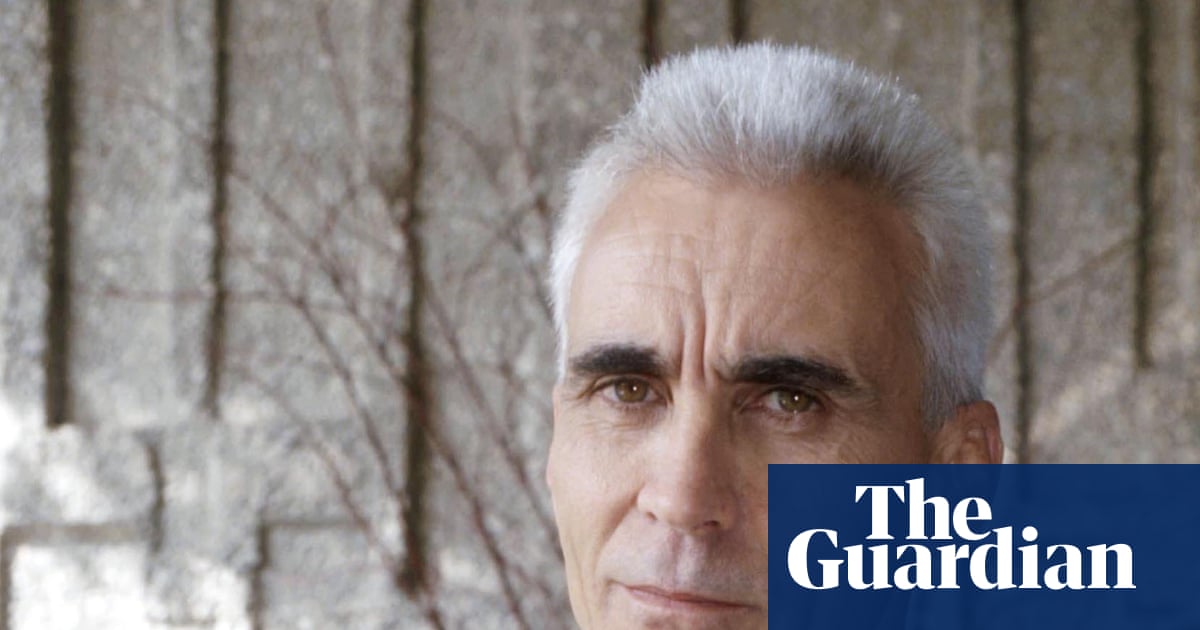Anyone who says “age is just a number” has not reached the high numbers. Ageing is not easy, and “forever young” is not a plan. Regardless of how many burpees you can do or protein smoothies you chug, the passing of time brings challenges. Roles that you relished change, words on menus seem to shrink, necks sag, diagnoses arise.
On the other hand, ageing is not the downhill slide that people believe it is. A multibillion-dollar antiageing industry profits when you feel awful about yourself and fear ageing like the plague. The tragedy of ageing is not that we will all grow old and die, but that ageing has been made unnecessarily, and at times excruciatingly, painful and humiliating. Ageing does not have to be this way.
I taught geriatric medicine and gerontology for 19 years at the University of California, Irvine school of medicine. At UCI’s senior health center, I had a front-row seat to observe people, and their families, navigate old age. What struck me most was the radical differences in how people experienced their own ageing process. For some, it is a frustrating, degrading, painful trajectory of ever-increasing decline. For others, there is visible delight, spirituality, and joy in occupying their eighth, ninth, and 10th decades.

When it comes to longevity, the primary focus has been lifespan, the length of life. More recently though, the scope has expanded beyond years of life to years of life in good health, or healthspan. This is a welcome shift, because we all want to live as healthy as possible for as long as possible. But there’s a catch. A long life, even a long life in good health, doesn’t mean much if you don’t like your life. As geriatrician Dr Louise Aronson observes: “We’ve added a couple of decades, essentially an entire generation, onto our lives, and we haven’t figured out how to handle that.”
To thrive in old age means to live a fulfilling, purposeful and satisfying life despite the challenges that accompany ageing. It involves maximizing physical health, cognitive function, emotional wellbeing, social connections, and a sense of meaning. Thriving doesn’t mean being free of all health problems or challenges; rather, it emphasizes resilience, adaptability, and the ability to find joy and value in life. People don’t thrive in longevity by mistake or luck. People who thrive in longevity actively maximize the quality of their lives. But how?
I scoured the findings of 35 years of empirical testing on psychological wellbeing in longevity. The deeper I dug into the findings, the more I recognized a profound underlying pattern. The hundreds of predictors found in thousands of studies on what is necessary to thrive in longevity consistently group into four essential elements.
Grow: They continue to expand and explore.
Connect: They put time into new and existing relationships.
Adapt: They adjust to changing and challenging situations.
Give: They share themselves.
Each of these elements is non-negotiable for wellbeing in longevity, and you can improve in each area. What we’ve been missing is a practical vocabulary and approach to maximizing the quality of our long lives. It’s not enough to have a long lifespan and healthspan; we want what I call a long joyspan.
Joyspan, or the experience of wellbeing and satisfaction in longevity, matters because without it, long life is a drag. The American Psychological Association defines joy as the feeling that arises from a sense of wellbeing or satisfaction. Experiencing joy is different from feeling happy. Happiness comes and goes and is often dependent on external circumstances. Joy can be experienced even in adverse situations.
More akin to contentment than to ecstasy, joy may show up in the form of a smile, but many times it does not. You cannot always ascertain someone’s joy by observing them. One older woman looking at the trees through her window may be lonely and miserable, while a different older woman looking at the same trees may be experiencing great joy.
Regardless of your current age, you hold one of two mindsets: ageing as decline or ageing as continued growth.
The decline mindset believes everything gets worse as you grow older and then you die. Sadly, this mindset is the most prevalent. The growth mindset sees ageing as a time of continued progress in becoming who you are. This mindset recognizes not only the challenges and losses of growing older but also the opportunities and strengths.
Take my neighbor Dee, who is 81. A few days ago, I saw her on her front porch while I was walking the dogs, and she waved me over so she could tell me all about her sore hands, the “absolute drivel” on TV, and how bad the hot weather makes her feel. Because Dee sees her life as a downward free fall, she’s stopped showing up for it. She does not pursue her former interests, reach out to friends, or challenge herself. The long hours spent in her recliner have seriously weakened her legs, which she blames on the curse of being old.
Our conversations never have room for topics beyond her discomfort. Despite our many conversations, Dee doesn’t know anything about me other than the fact that I have two golden retrievers. There isn’t any space for me to share my life, because her life, as miserable as she finds it, is the topic that dominates her mind. Dee definitely holds a decline mindset.
I often run into another neighbor, Joan, who walks the same loop I do. I absolutely love it when I run into Joan. She is 82 and just radiant. Soon after our middle daughter was diagnosed with a brain tumor, I saw Joan and she noticed right away that something was off. She asked me what was going on in a way that felt safe for me to share. She listened intensely, then suggested ways to adjust to this “new normal”. Joan has had so many new normals. Always very interested in something – a new plant she’s potted, a new recipe, an interesting book, an upcoming art exhibit – Joan has a growth mindset.
Growing older is about, well, growing, about becoming. Joan knows that interior strengths can continue to develop throughout life. I once told Joan how much I admire her attitude, and she laughed, saying: “I find life fascinating. I’m still growing now, just as I have in every other phase of my life.”
This is an adapted excerpt from Joyspan by Dr Kerry Burnight. For 18 years, she taught geriatric medicine and gerontology at the University of California, Irvine school of medicine. Used with permission from Worthy Books, a division of Hachette Book Group, Inc.

 3 months ago
112
3 months ago
112

















































